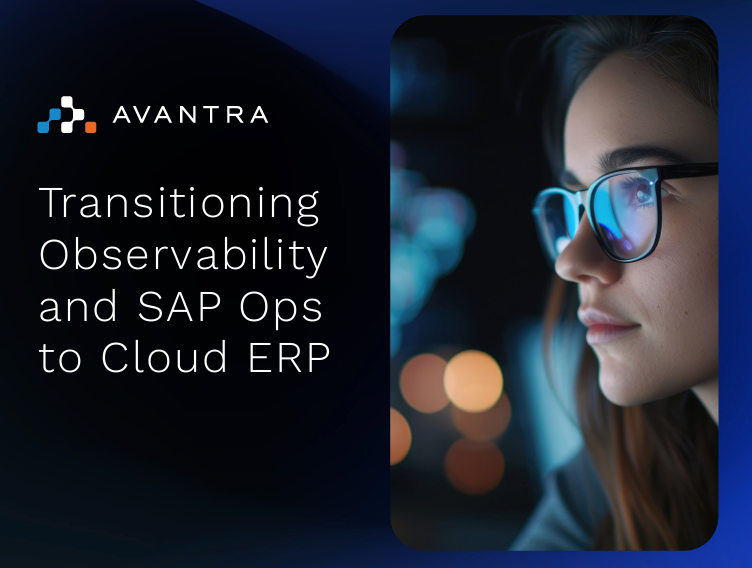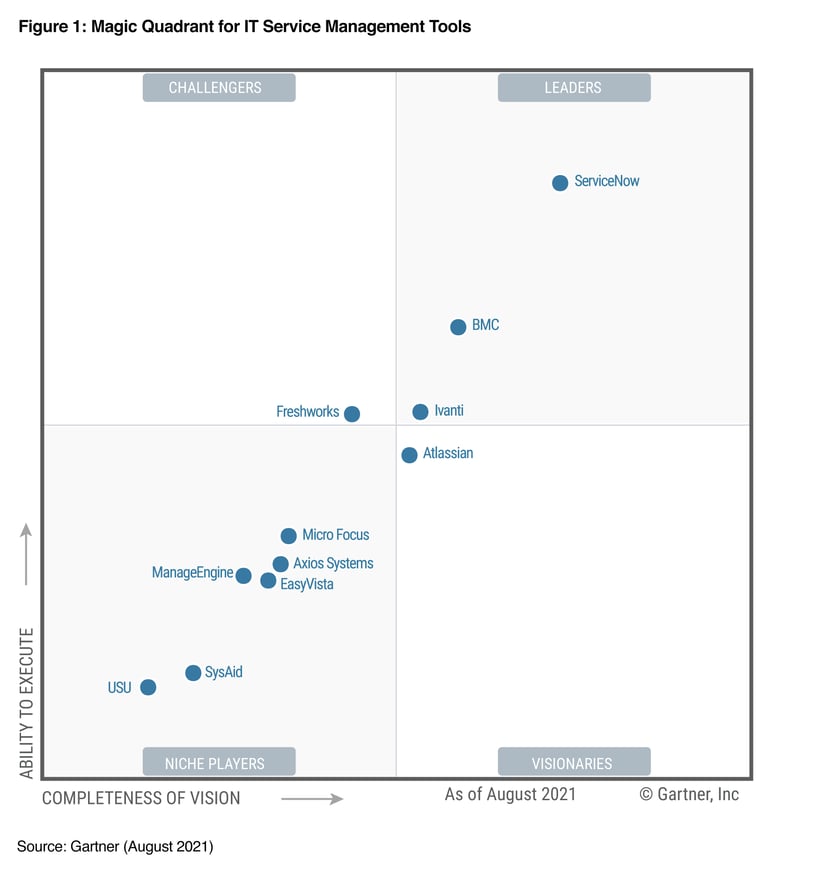10 min read
9 skills every SAP Basis engineer should learn (especially #9)
By: Avantra on Dec 11, 2017 4:58:41 PM

A few years ago we shared a list of skills every SAP Basis engineer should learn. The market (and the world to be honest) have changed quite dramatically since, and with them, so has the skill set that exceptional SAP Basis engineers and managers need. Looking to the future of SAP Basis, the skills will evolve even further. In this blog, we’ve listed some key skills you might want to invest in learning for 2022 and beyond.
What is SAP skills?
SAP skills are the ability to use the SAP software suite to solve business problems. The suite is a set of integrated applications that allow organizations to manage their business processes.
Some of the skills in this list require more time or even certification, while others could be learned fairly fast. Having these skills under your belt will not only make you better at your job, but they provide a great way to promote the value of SAP operations.
So let's start...
1. Managing public and hybrid multi clouds
As more companies migrate their SAP workload to the cloud, having the understanding and know how to manage these environments is becoming crucial. All the major hyperscalers - AWS, Google Cloud, Microsoft Azure - offer their own certification classes, as well as several other independent online sites.
In most cases some elements of your SAP landscape will remain on premise, so you can’t neglect your knowledge about SAP automation operation of hybrid, or even multi hybrid, SAP landscapes.
No matter which direction you choose, cloud certifications are sure to be a valuable asset to any IT operations function.
2. Integration and management of SAP SaaS solutions
Within a complex SAP landscape, there's usually some Software as a Service (SaaS) solutions such as Concur, Ariba or SuccessFactors. Plus, it's not uncommon to have non SAP enterprise SaaS solutions integrated with your SAP systems. So, investing in understanding how to best integrate it with your company core applications - as well as how to manage, govern and secure SaaS products - is a highly valuable skill.
Aligned with brushing up on SAP SaaS solutions, is the ability to champion SAP and the data it holds to your wider IT operations teams. As John Appleby wrote in Diginomica, ERPs are not an island.
The reason ERP is so complicated and poorly understood is that businesses have been content to leave those systems on their island. But you can forget about workflow automation until this problem is reckoned with.
It may now be time to rethink this, because the tools and platforms now exist to achieve a semi-autonomous IT operations environment and integrate applications like SAP into your centralized IT Operations processes.
Make friends with your DevOps and ITOM colleagues to integrate the power of SAP data into other service management tools.
3. AIOps
The Gartner glossary defines an AIOps platform as:
An AIOps platform combines big data and machine learning functionality to support all primary IT operations functions through the scalable ingestion and analysis of the ever-increasing volume, variety and velocity of data generated by IT. The platform enables the concurrent use of multiple data sources, data collection methods, and analytical and presentation technologies.
Source: https://www.gartner.com/en/information-technology/glossary/aiops-platform 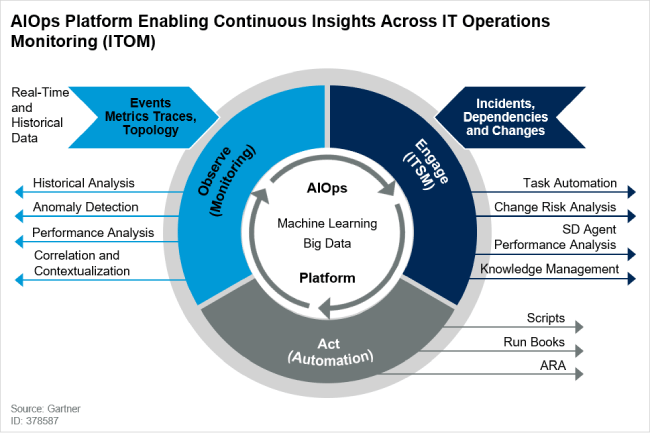
However, there are specific AIOps solutions for SAP landscape management you should start looking into. In a recent study ASUG held it was found that 64% of organizations are planning to deploy AIOps for monitoring and analytics (59%), upgrades and patching (56%), performance management (49%), business process management (44%), audit and compliance support (42%). In order to keep up your Basis skills, you should start exploring AIOps solutions.
Read up on the concepts of AIOps integration for ERP in this article first published on Diginomica.
Seamless integration is the wrong goal - when it comes to AIOps; it's all about the seams
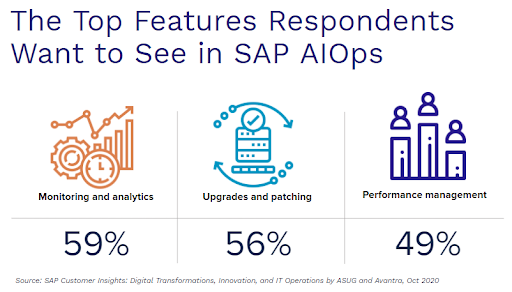
We've put together a simple guide to AIOps for SAP so you can stay ahead:
Read up on AIOps for SAP.
4. ServiceNow (and CMDB in particular)
ITSM tools help infrastructure and operations teams to manage IT support services. They are usually heavily used by IT service desks and IT service delivery functions to support tasks and workflow operations; including:
- Event
- Incident
- Request
- Problem
- Access
The Information Technology Infrastructure Library (ITIL) framework is the most popular best practice framework for IT and digital service management. It's a vital tool for achieving digital transformation. Its latest edition – version 4 - was launched in 2019, ensuring the framework provides solutions to the reality of today's IT service industry. ServiceNow has a guide on the ITIL framework and you can even get ITIL certified.
5. Basis automation
Basis automation - or rather automated SAP operations - is not a driver for reducing head count. On the contrary, being able to build intelligence into your SAP operations and avoid manual activities, means Basis Admins, Engineers and Consultants are given the time to build their own automations. Not to mention the ability to add greater value towards ITSM integrations, digital transformation and cloud migration projects.
Automata enables businesses to work smarter and better utilize people's expertise and knowledge to accelerate growth. SAP monitoring used to be a highly manual, error prone process. Now, with the use of SAP monitoring automation and maintenance, you can automate mundane activities.
Imagine if your skills and knowledge were focussed on solving issues (that are detected earlier using automation). You would also have the time to build value adding projects, such as how your IT operations can improve your organization's efficiency, customer experience and security resilience.
6. Orchestration automation
We talked about automation, but while automation refers to a single task, orchestration arranges tasks to optimize workflows.
For example, orchestrating SAP start/stop means not only doing one action of stopping it, but also testing various elements post actions and running some scripts. In the cloud, orchestration is often key to ensuring that automated spin-up activities like auto-scaling take place in the right order, with the right security rules and permissions in place.
Together, automation and orchestration can help reduce IT costs, ramp up productivity, and free up personnel focus for more strategic pursuits. However, choosing the right tools to succeed with both takes time and research, but having this knowledge will put you and your career ahead.
Udemy, as well as various other organizations, offer Orchestration classes - while those will typically be IT generic, it will allow you to understand and implement it in your SAP environment.
7. Kubernetes and containerization
Think of a container as a single process wrapped by a stripped-down operating system. As such, like a process, it may be very short or long living. In any case, it's ephemeral, so whatever you do inside the container is gone once it stops. The de-facto standard for containers is Docker.
Just as an operating system automates the handling of processes, there are automation environments (or orchestration). While there are a few, Kubernetes emerged as the one most widely used.
Kubernetes is a portable, extensible, open-source platform for managing containerized workloads and services, that facilitates both declarative configuration and automation. It has a large, rapidly growing ecosystem. Kubernetes services, support, and tools are widely available.
You may install Kubernetes on your laptop and orchestrate containers, but that probably doesn't scale well. You can run it on other Linux servers or even on bare metal servers. And yes, every major cloud provider offers it: AWS EKS and AWS Fargate, Azure AKS, Google Kubernetes Engine (in fact, Google developed Kubernetes), RedHat OpenShift, SuSE CaaS, Oracle and even SAP Cloud Platform announced it.
Kubernetes and containerization can be used in an SAP environment in a variety of ways and most often it goes along with cloud migration.
This list provides you with some other places you can go to hone your skills.
Below is the original version of this post. While a few years old, many of them are still valid skills you should consider learning.
As companies are tightening their budget in an effort to increase efficiencies and save money, time is becoming even shorter and keeping up with new technologies becomes even harder. Our new year resolution is to explore, to learn more, and to make sure we are growing and becoming better. This list of new skills you can learn without investing months or years is our way of making this resolution come true.
1. Learn SAP
.gif?width=480&height=258&name=giphy%20(6).gif)
Expand your knowledge of SAP. Pick one subject within the huge SAP ecosystem and learn about it using 10 SAP free tutorials
2. Machine learning
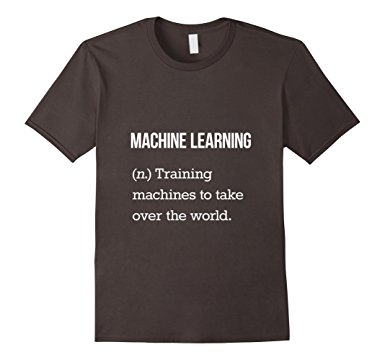
Everyone is talking about Machine learning, learn about how machine learning can be applied to solve business problems. Do it in this free class about Enterprise Machine Learning in a Nutshell. Oh, and the shirt? you can buy it on Amazon.
3. Blockchain
.gif)
Blockchain is all over the internet. Learn what problems blockchain solves and what opportunities it enables. Take this introductory-level course, learn what blockchain is and what it might mean to you. Jonathan Reichental—named one of the world's top 100 CIOs in 2017—dives into blockchain technology from a conceptual perspective. Don’t have time for a class? Download the executive brief Making the Next Moves with Blockchain.
4. ABAP Programming for SAP Fiori Apps in SAP S/4HANA
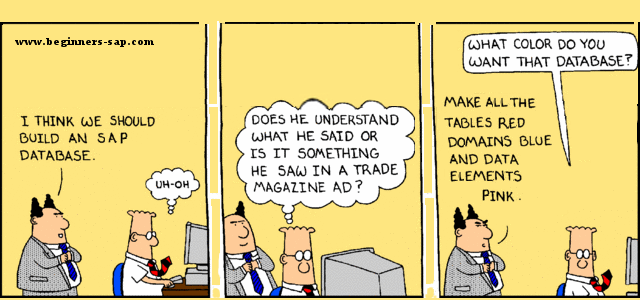
Last TechEd SAP launched a new ABAP Programming Model in SAP S/4HANA. Learn more about how the back-end for highly standardized, cloud-ready SAP Fiori apps is built in SAP S/4HANA and understand how to combine new and proven technologies like CDS, BOPF and SAP. Getting Started with ABAP Programming Model for SAP Fiori Apps in SAP S/4HANA
5. SAP Leonardo
.gif?width=500&height=281&name=giphy%20(7).gif)
SAP Leonardo is an umbrella term for a number of SAP technologies, all built on top of its open platform-as-a-service (PaaS) offering called SAP Cloud Platform. What is SAP Leonardo? Everything you need to know about SAP’s Leonardo platform in this great article
6. SAP HANA Migration
.webp?width=475&height=441&name=Migration%20to%20cloud%20(1).webp)
SAP customers need to be on SAP HANA in the near future. The most advanced organizations running SAP have already taken the necessary steps to migrate to HANA. Learn about best practice for HANA monitoring migration
7. Internet of Things (IoT)
.gif?width=504&height=283&name=giphy%20(10).gif)
Gartner’s research reveals that 20.4B smart devices will be connected by IoT by 2020. IoT or Internet of Things has been discussed for many years, but now it actually looks like it is coming for real. Watch this movie about real-life IoT business application or join this SAP IoT community
8. HANA 2.0
.gif?width=504&height=283&name=giphy%20(11).gif)
Yes, we know you are still wrapping your head around HANA, but HANA 2.0 is already out there. This in-depth tutorial takes you through HANA 2.0 technical architecture, information modeling, reporting, user management, security and new features and functionalities.
9.That thing you always wanted
.gif?width=504&height=283&name=giphy%20(8).gif)
Learn to cook, to swim, or learn a new language. Learn a new skill that is not related to your work but makes you happy. Here is a wonderful list of 11 'easy' skills you can learn in just a week
Let us know what other links should be on this list!
One last note...we now offer limited time free use of Avantra. In minutes (yes, minutes) you can automate your SAP operations. Give it a try
Related Posts
What is AIOps for SAP? And What Can it Do for You?
John Appleby, Chief Executive Officer, and Brenton O’Callaghan, Chief Customer Officer, at Avantra...
Why is Operational Transparency Still Important for SAP MSPs?
Operational transparency is a paradigm around how Managed Service Providers (MSPs) disclose their...
The System Integrator support challenge
Typically, companies choose to partner with a Systems Integrator (SI) to help them with their...



